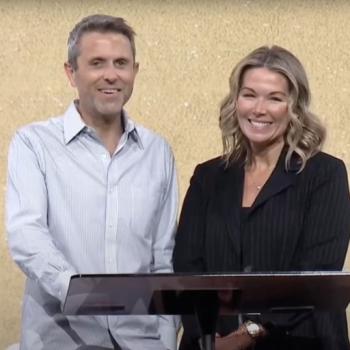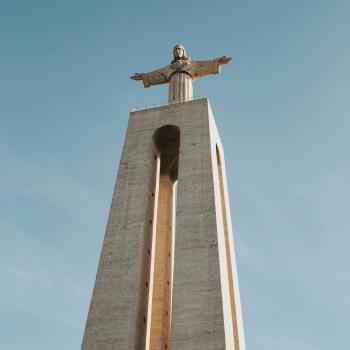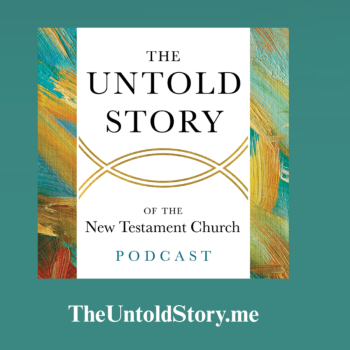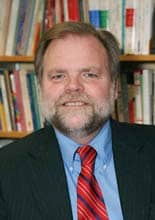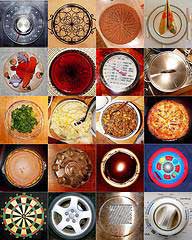 I am confident of this, that the one who began a good work among you will bring it to completion by the day of Jesus Christ. . . . having produced the harvest of righteousness that comes through Jesus Christ for the glory and praise of God. ~ Philippians 1:6, 11
I am confident of this, that the one who began a good work among you will bring it to completion by the day of Jesus Christ. . . . having produced the harvest of righteousness that comes through Jesus Christ for the glory and praise of God. ~ Philippians 1:6, 11
The German mystic Meister Eckhart is reputed to have said that if the only prayer you make is "thank you," that will suffice. Thanksgiving is the virtue of interdependence, the recognition that our achievements are not fully our own, but emerge from a network of relationships that sustain and shape us, giving us the materials from which we create our experiences moment by moment. Thanksgiving as a spiritual practice reminds us that all our gifts are communal as well individual. Our creativity and freedom, our ability to choose the good and noble, have their origins in forces larger than ourselves -- God, this good earth, and persons who have guided, protected, inspired, and nurtured us.
Many Americans are tempted these days to circle the wagons and care only for our own kin, whether in terms of school, property, or civic responsibility. While we always have an obligation to hearth and home, our gifts and talents are meant to be shared with the wider community. Thanksgiving reminds us that we are in this together; that our personal fulfillment is connected with the well-being of others, including people we may never meet. Rugged individualism is an illusion of every level of life. What is needed is innovative and responsible relatedness.
Thanksgiving is the virtue of abundance. It looks at life in terms of possibility. It imagines a meal for a multitude in five loaves and two fish. It visualizes a few civil rights marchers taking the first steps to equal protection for all Americans. It believes that pausing a moment to reach out, at just the right time, can transform a person’s life. As the adage goes, even when we didn’t have money, we weren’t poor: we were abundant in dreams, love, and relationships. As chaos theory notes, the flapping of a butterfly’s wings can influence weather across the country, and so can acts of grateful generosity done over and over again.
Thanksgiving turns us from individualism to community and to wider and wider circles of care. It is important to remember that Paul’s letters, such as Philippians, were written to communities and not just individuals. Paul is imagining God’s harvest emerging from a small community of faith, in which each of the members matters for the well-being of the whole. In the spirit of Paul’s description of the body of Christ (1 Corinthians 12), the well-being of the whole and the well-being of the members are interconnected seamlessly. No one can be left behind, rejected, or neglected if the body is to remain healthy and whole. Generosity is built into gratitude because in an interdependent world, there is no "other" -- there is no one who is foreign to us, or ultimately separated from our well-being either as giver, cause, or receiver.
One of my favorite thanksgiving stories centers on an elderly woman, now deceased, who shared her daily habit with her pastor, who later related it to me. Each morning, as she took her walk, she gave thanks for the many blessings in her life. Though she walked slowly through her neighborhood, burdened by the aging process and the grief accompanying her years as a widow, she confessed that she never ran out of things for which to be thankful. Her simple practice of thanksgiving shaped how she lived her life, faced aging, and related to others.
Yes! If the only prayer you make is "thank you," that will be enough. And, "thank you" can be said over and over again not just to God for the blessings of this day, but to everyone whose life touches yours in a creative way. Such gratitude opens us to new blessings, but more importantly opens our hands to bless others -- through a kind word as well as our time, talent, and treasure.
It has been noted that wealth and poverty are both attitudinal and behavioral. Many Americans cry "poor" despite their apparent material and economic abundance. There never is enough money, despite their largesse, and they begrudge taxes to support schools, healthcare, and community services. Hunger, like poverty, is behavioral and the result of choices -- we can live by scarcity when there really is enough food to go around if we act wisely both in distribution and in the creation of economic infrastructures that encourage justice, responsibility, and initiative. We can sustain the earth by living wisely and thinking abundantly.
